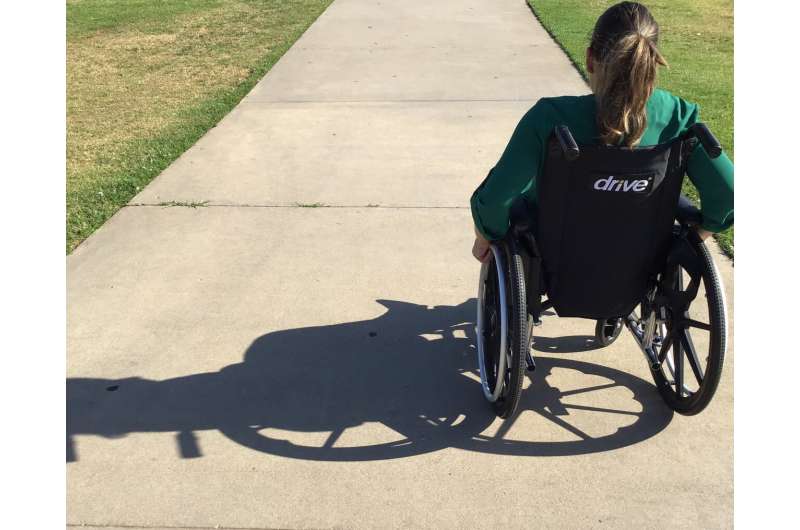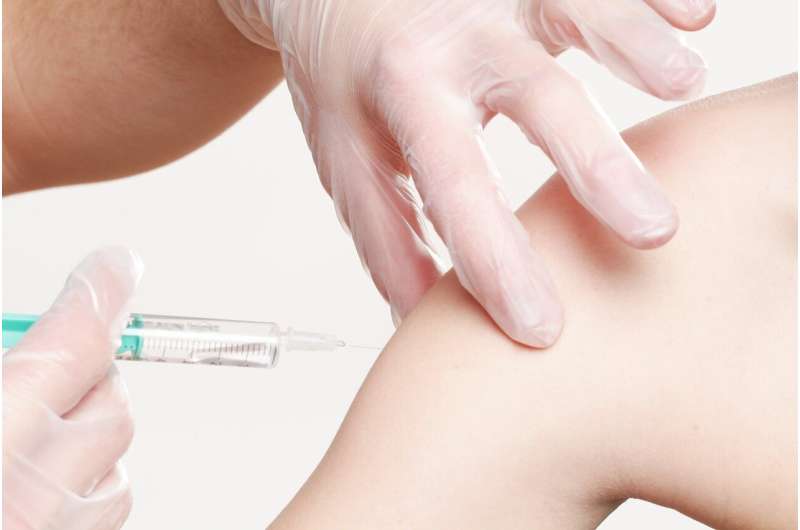Pennsylvania Woman Receives Innovative Gene Therapy for Rare ALS

A Pennsylvania woman with a rare genetic form of ALS is receiving a groundbreaking gene therapy treatment that targets the root cause of her disease, offering new hope for slowed progression and improved quality of life.
In Erie County, Pennsylvania, Diane Zaczyk, a 67-year-old resident, experienced a gradual decline in mobility that initially seemed related to aging or her longstanding diabetes. Once an active individual who effortlessly lifted heavy sacks of chicken feed, Zaczyk started to notice her right foot dragging and difficulty climbing stairs. Her symptoms worsened around Christmas 2023, prompting medical investigations. After testing ruled out infections like Lyme disease and neuromuscular conditions such as myasthenia gravis, she was diagnosed with amyotrophic lateral sclerosis (ALS), a progressive neurodegenerative disease affecting nerve cells in the brain and spinal cord. AIS is often called Lou Gehrig's disease and leads to muscle weakness and loss of motor functions.
Genetic testing revealed Zaczyk had a rare inherited form of ALS caused by a mutation in the SOD1 gene, shared by only about 500 people in the United States. This diagnosis opened the door to targeted treatment options. Zaczyk is now the first patient at Allegheny Health Network to receive a groundbreaking gene therapy called tofersen, marketed as Qalsody, approved by the FDA in April 2023 for treating familial ALS linked to SOD1 mutations.
Qalsody works by using antisense oligonucleotides to bind to the faulty SOD1 mRNA, prompting the body to destroy it and thus reduce the production of the harmful mutant protein. This protein typically damages nerve cells, leading to disease progression. Research indicates that tofersen can lower levels of neurofilament light chain, a biomarker for nerve damage, offering hope for slowing disease progression.
Despite Phase III trials not demonstrating a significant slowdown in the overall progression of ALS, Qalsody represents a significant step forward as an FDA-approved genetic therapy specifically targeting the root cause of certain ALS cases. It is administered through monthly spinal injections, aiming to 'quiet' or diminish the activity of the mutated gene. While it cannot cure ALS, scientists believe it has the potential to prevent further nerve damage and slow symptom progression.
Dr. Sandeep Rana, director of Allegheny Health Network's ALS Center, emphasized the importance of early diagnosis, particularly for patients with known genetic mutations like Zaczyk. Early intervention with treatments like tofersen may offer the best chance to manage symptoms and improve quality of life. Other patients in the network have been considered for the therapy, though some have succumbed to the disease before treatment could begin.
The development and approval of tofersen mark a promising advance in personalized medicine for ALS, targeting its genetic roots. Ongoing research and more extensive testing are expected to refine its effectiveness and broaden treatment options for this devastating condition.
Stay Updated with Mia's Feed
Get the latest health & wellness insights delivered straight to your inbox.
Related Articles
Innovative Marker FXYD2 Enhances Identification of Functional Stem Cell-Derived Islets for Diabetes Treatment
A new discovery of the FXYD2 marker improves the identification of functional stem cell-derived islets, advancing diabetes cell therapy accuracy and safety.
Fathers Less Likely to Engage in Important Conversations About Sex with Their Children
A new study reveals that mothers are more likely than fathers to discuss sex and relationships with their children, highlighting the need for greater parental support to foster open conversations about safe and healthy sexuality in families.
Debate Sparks Over Pediatric Care and Parental Vaccine Opposition
A heated debate unfolds in Florida over ending vaccine mandates, challenging pediatricians on whether to treat children whose parents oppose vaccinations amid growing concerns over public health and personal freedoms.



